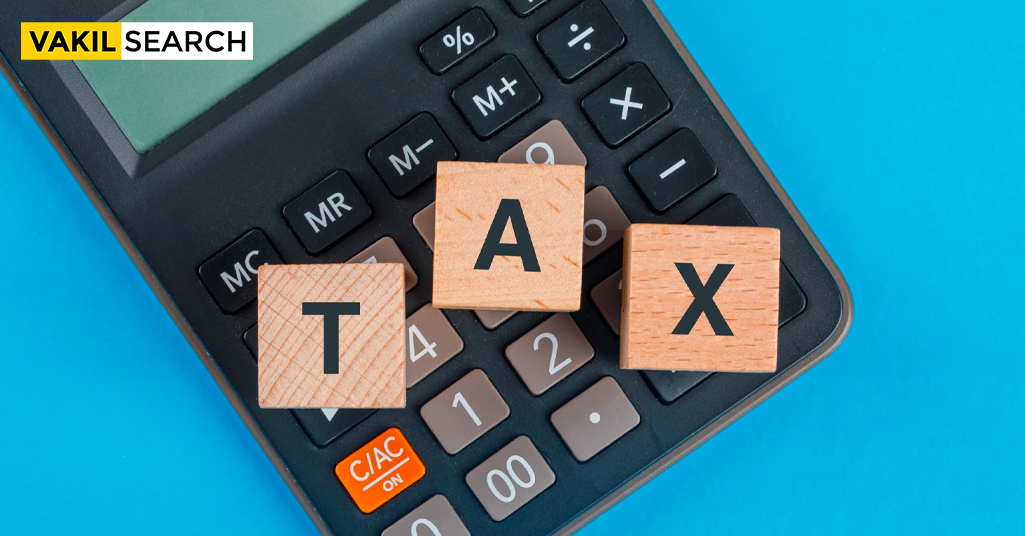Everybody wants to own their own home. The Indian government offers a number of tax advantages for home loans. According to the Income Tax Act of 1961, this was done to encourage citizens to invest in real estate. These advantages help you better manage your financial flow while also lowering your tax liability. Knowing all of the home loan tax benefits and deductions available is crucial since doing so can enable you to significantly reduce your tax obligations. Let’s get into this in detail through this article.
A home loan tax entitles individuals to deduction under Section 80C of up to ₹1.5 lakh and Interest deduction under Section 24 of up to ₹2 lakh. You will be eligible to claim both the interest and principal components of your repayment during the year. You will need to show the statement provided by the lender showing the repayment for the year as well as the interest & principal components of the same.
Home Loan Tax Benefits:
|
Income Tax Act in sections |
Nature of Tax Deduction | Maximum Deduction |
| Section 80C | Deduction for taxes on principal repayment. | Up to ₹1,50,000 |
| Section 24b | If the building or purchase of the home is finished within 5 years, there is a tax benefit for the interest paid on the loan. | Up to ₹2,00,000 |
| Section 80EE | Additional deductions are permitted when a loan is accepted for a first-time residential home, the loan amount is no more than ₹35 lakhs, and the value of the home is no more than ₹50 lakhs. | Up to ₹50,000 |
| Section 80 EEA |
Tax deductions for interest payments are permitted under Section 80EEA up to a maximum of ₹1,50,000. In addition, Section 24(b) of the Income Tax Act permits a deduction of ₹2 lakh. As a result, taxpayers who satisfy the requirements of section 80 EEA may deduct ₹3.5 Lakhs for house loan interest |
Up to ₹1,50,000 |
| FOR JOINT HOME LOAN | If a mortgage is taken out jointly, each borrower may deduct the interest paid on the loan up to a maximum of ₹2 lakh under Section 24(b) and the principal repayment up to a maximum of ₹1.5 lakh under Section 80C. |
Up to ₹2,00,000 u/s 24b Up to ₹150000 u/s 80c |
| Section 80C | Deduction for registration fees and stamp duty | Up to ₹150000 |
Deduction of Interest
If you are paying EMIs for a home loan you took to purchase a house, the interest component in the EMI can be claimed as a deduction. You must be both an owner and a co-borrower (in the loan) to claim tax benefits. This deduction can be claimed to start the year in which the construction of the house is completed. So every year a maximum of ₹2 lakh can be claimed for a house that you use for your own residence.
If your house is rented, the entire interest for the year can be claimed as a deduction. The interest payments for the year shall result in a loss under the head’s income from house property. This loss can be adjusted in the same year against other heads of income in your Sales Tax Return including salary. Therefore, it reduces your total taxable income and the tax you pay thereon.
Deduction on Principal Repayment
The component of your EMI which goes towards the principal is eligible to be claimed under Section 80CCC of the Income tax Act. You can sum up the outgo for the year towards the principal and claim it. A maximum of ₹1.5 lakh can be claimed as a deduction under Section 80C. Also, see Tax Deductions Beyond Section 80C
Deduction on Stamp Duty and Registration Charges
Besides the deduction allowed on principal repayment, payment made towards stamp duty and registration charges are also allowed to be claimed under Section 80C. However, these can only be claimed in the year in which these were paid.
Accurately estimate your business set up costs with our business setup calculator. Start your business on the right foot!
Deduction on Pre-Construction Interest
While deduction for interest can be claimed to start the financial year in which the construction is completed, you can also start claiming pre-construction interest from the same year. You need to add up the entire pre-construction interest and claim it in five equal installments. The total deduction, however, should not exceed ₹2 lakh when the house is being used by you for your own residence.
Deduction under Section 80EE
This section has been inserted to provide tax deduction benefits to first-time homeowners where the value of the house is ₹40 lakh or less and the amount of loan taken is ₹25 lakh or less. A maximum deduction of ₹1 lakh is available under this section.
Click Now: Apply for Business Loan
Conclusion:
Even while there are costs associated with a home loan, using it effectively can greatly reduce your financial burden and allow you to maximise your tax savings. Additional to house loans, there are numerous other ways to lower your tax bill while saving money, and increasing your overall net worth. The majority of these tools can also be utilised to create investments, which reduces expenses and boosts revenue. If you need any legal paperwork, feel free to contact our Vakilsearch, which is a legal service provider that does all the legal paperwork in a hassle-free manner.
Read more,




